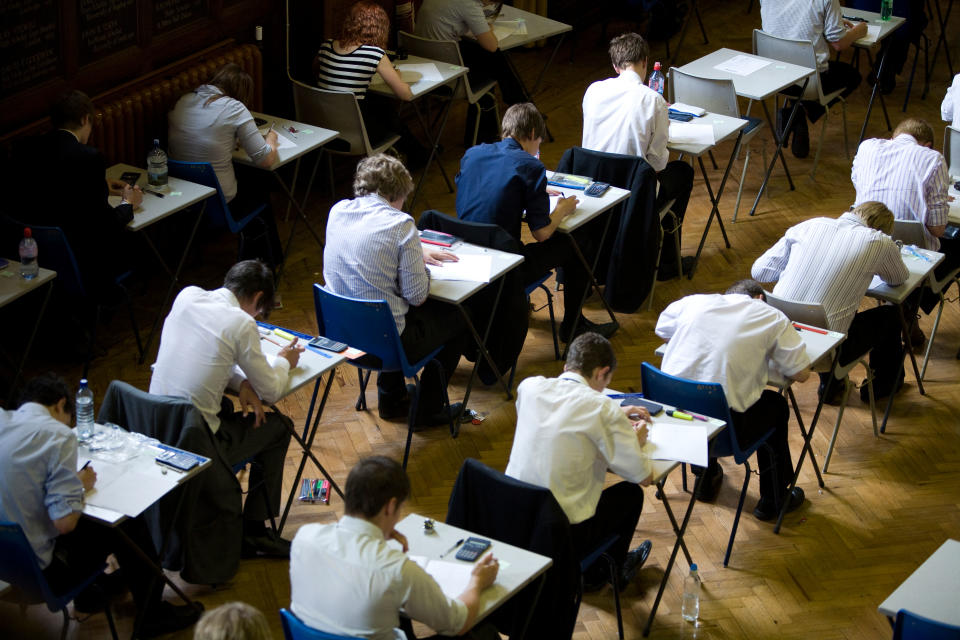Grammar schools should lower entrance exam mark for poorer pupils to stop middle classes dominating, select committee chair says
Grammar schools should lower their entrance exam mark for poorer pupils to stop middle classes dominating, the chair of the education select committee has said.
Selective schools must take into account the backgrounds of students, so that over-tutored children do not gain unfair advantage, Neil Carmichael MP told The Telegraph.
His comments came as a new report by the education select committee warned that grammar schools must not select students based on entry tests alone.
The report, titled Evidence Check: Grammar Schools, concluded that ministers have failed to show how they could prevent grammar school admission tests from being "gamed" by wealthy parents.
The cross-party committee of MPs noted that Schools Minister Nick Gibb said during his oral evidence that creating a tutor-proof entrance test for grammar schools is a "holy grail".
"The Government has yet to demonstrate how an admissions system could be designed in a manner that would be immune to gaming, or being reduced to the ability to pay", the report says.
Mr Carmichael told The Telegraph said that a “sophisticated system” could be built to identify poor children who should be considered for places at grammar schools.
He said he envisaged a system “not far away from” that used by some universities, where lower offers are given to students from disadvantaged backgrounds.
Last week, it emerged that new selective schools could admit the brightest 10% of children, which has led to concerns that they would be more elite than the current 163 grammars open in England.
It was also suggested that education chiefs are considering a "national selection test" to help prevent "test tourism", where ambitious parents enter their children for exams in different areas where they are considered easier.
Mr Carmichael, an outspoken critic of Prime Minister Theresa May’s grammar school plans, said: "The Government has yet to prove the case for opening a new wave of grammar schools” adding that they are an “unnecessary distraction”.
"The Prime Minister rightly talks of making Britain a great meritocracy. If the Government wants to push ahead with new grammar schools, it must demonstrate how this aids social mobility and improves educational outcomes for all, most especially those from disadvantaged backgrounds,” he said.
However, his ideas were criticised by Rachel Wolf, a former policy advisor to Downing Street.
The Government has yet to demonstrate how an admissions system could be designed in a manner that would be immune to gaming, or being reduced to the ability to pay
Education Select Committee report
"A complicated formula where different children are set different standards signals that it's acceptable for some to achieve less well than others," she said.
"It's a poor substitute for opening grammars in the worst areas, and giving those grammars responsibility for local primary standards."
Rosamund McNeil, Head of Education at the National Union of Teachers, said the report shows that the Government’s grammar school plans are “is not grounded in facts or evidence” adding that it would be “incredulous” for Mrs May to continue with her “fanciful pet project”.
A Department for Education spokeswoman said: "Thanks to the Government's reforms there are nearly 1.8 million more children in schools rated good or outstanding than in 2010, and the attainment gap between disadvantaged children and their peers is narrowing.
"But there is more to do to make sure that all children, whatever their background, can go as far as their talents will take them.
"That's precisely why we have set out plans to make even more good school places available, in more parts of the country, including scrapping the ban on new grammar school places, and harnessing the resources and expertise of universities, independent and faith schools."

 Yahoo News
Yahoo News 

